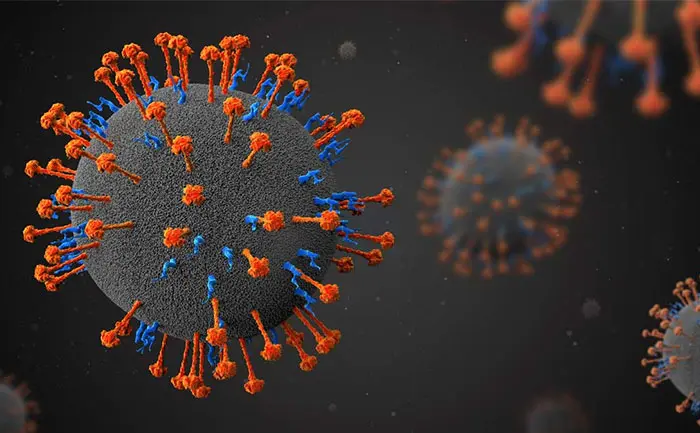A 12-year-old boy from Kerala died from the Nipah virus on Sunday. Two more people from the state have been identified with Nipah virus symptoms. The deadly virus with a high fatality rate Nipah Virus (NiV) first appeared in domestic pigs in Malaysia and Singapore in 1998 and 1999. In India, it was first detected in Siliguri, West Bengal around 2001. Kerala had reported several cases of it in 2018. Here is all you need to know about how to protect yourself from the fatal virus.


The name, Nipah, is derived from a village in Malaysia. The first person from whom the virus was first isolated succumbed to the disease here. This infection is associated with encephalitis. The incubation period of the virus is 5-14 days. It begins with fever and headache, followed by drowsiness and disorientation. It soon progresses to a coma. 40% of patients could lose their lives from complications.
WHO says, “The case fatality rate in Nipah virus is estimated at 40% to 75%. Its incubation period is two weeks. Health-care workers caring for patients with suspected or confirmed infection, or handling specimens from them, should implement standard infection control precautions at all times.”
Here Is All You Need To Know About Nipah Virus:
What Is Nipah Virus?
Nipah virus (NiV) infection is a zoonotic disease that is transmitted from fruit bats- to humans. The transmission is either direct or indirect through other hosts like pigs. Direct transmission occurs by consumption of fruit or date sap contaminated by infected fruit bats. Indirect transmission occurs through aerosolized respiratory secretions of infected animals. Besides, direct human-to-human transmission has also been documented. There have been examples of hospital workers caring for diseased individuals being infected. Nipah Virus is fatal not only for humans but animals too.
Signs and symptoms of Nipah virus:
Nipah virus can cause mild to severe symptoms. An infected person may show the following symptoms-
- Fever
- Headaches
- Muscle pain
- Vomiting
- Sore throat
Drowsiness, confusion, altered consciousness, coma and neurological signs like acute encephalitis are also some of the severe symptoms. The initial symptoms appear between 4 to 14 days after the infection.
How to protect yourself from the Nipah virus:
Currently, there is no vaccine for the Nipah virus. But WHO recommends tips to prevent animal-to-human transmission-
- Pick fresh fruits carefully. If the fruit has a sign of bat bites it should be discarded.
- Wear protective gear like gloves, masks while handling sick animals.
- Avoid coming in contact with pigs and bats.
- Do not visit places where bats are known to roost.
- Avoid close contact with infected people.
- Wash your hands regularly with soap and water
- Use an N95 mask while travelling or working in public places to avoid person to person transmission.
- Be aware of the symptoms and report to the doctor immediately for early diagnosis and treatment.
How is it diagnosed?
- The diagnosis is done by ELISA test.
- It is currently done at the National Institute of Virology, Pune.
- Nipah Virus can be diagnosed by a test called PCR or by viral cultures.
How is it treated?
- Supportive care is the mainstay of treatment.
- Infected patients may require intensive care monitoring.
Also Read: Kerala: 12-Year-Old Boy Dies Of Nipah Virus In Kozhikode


